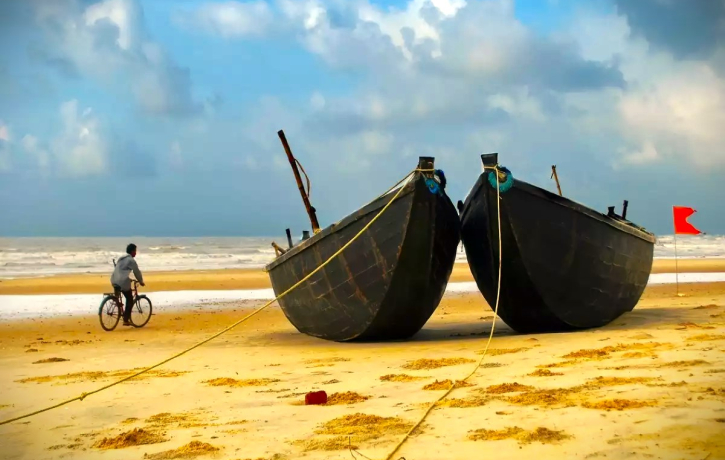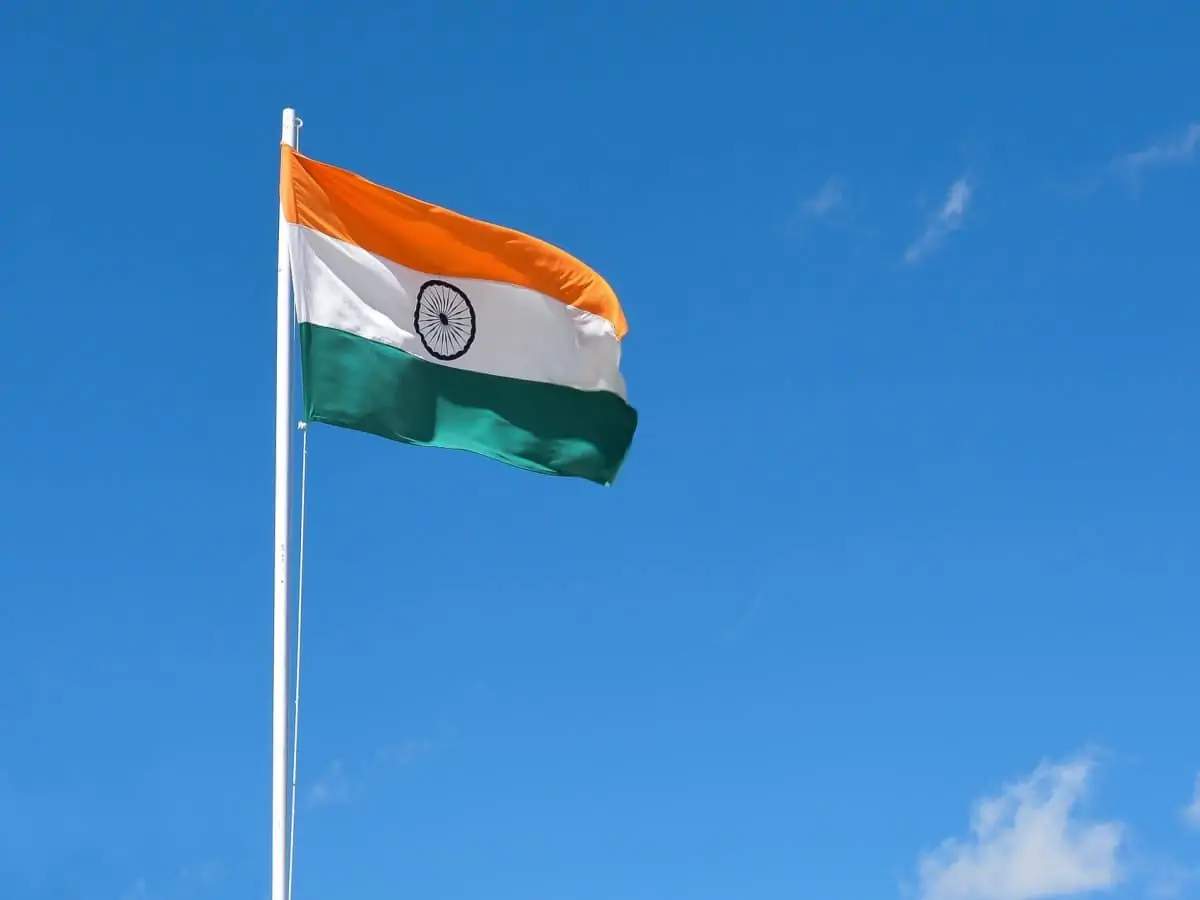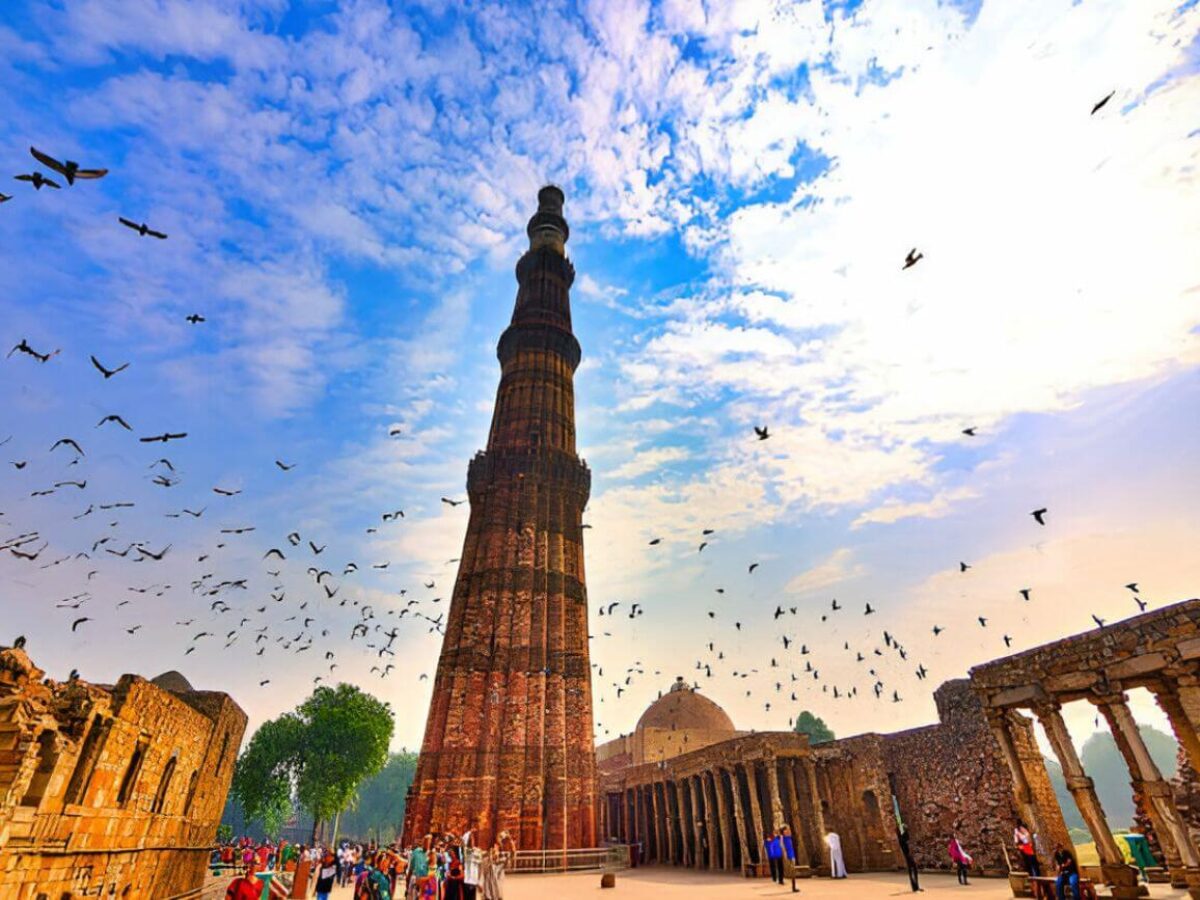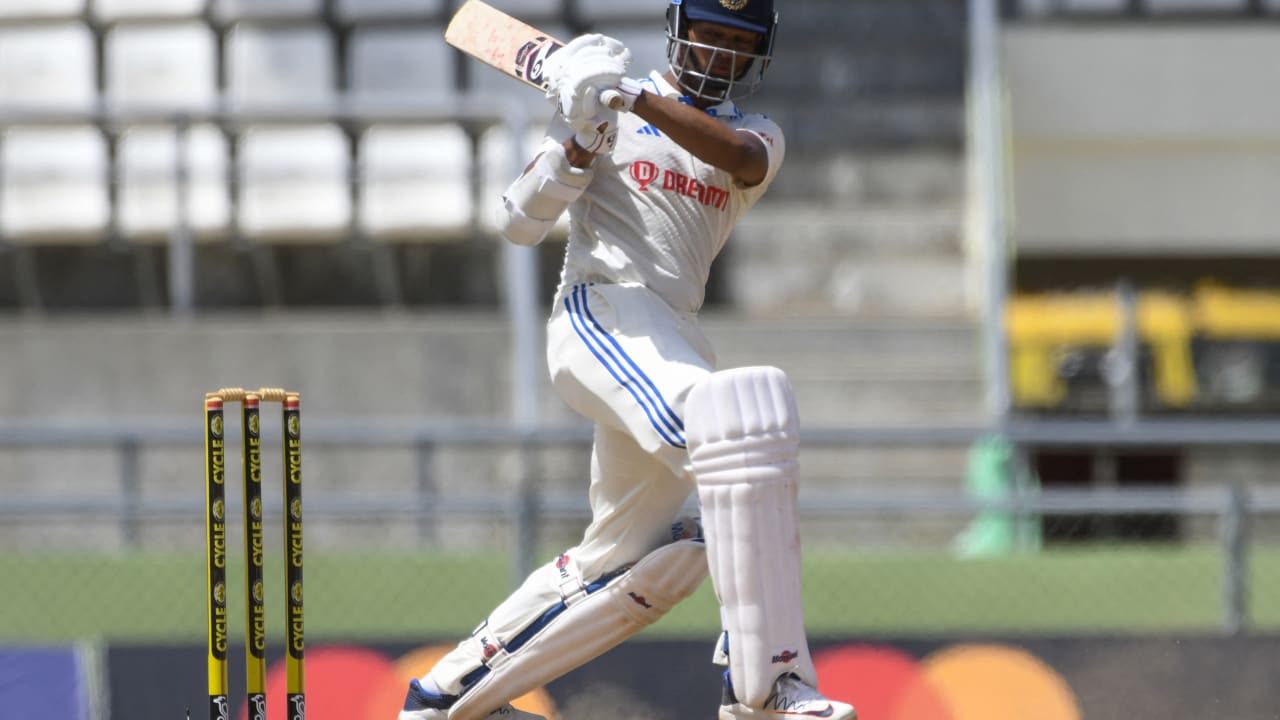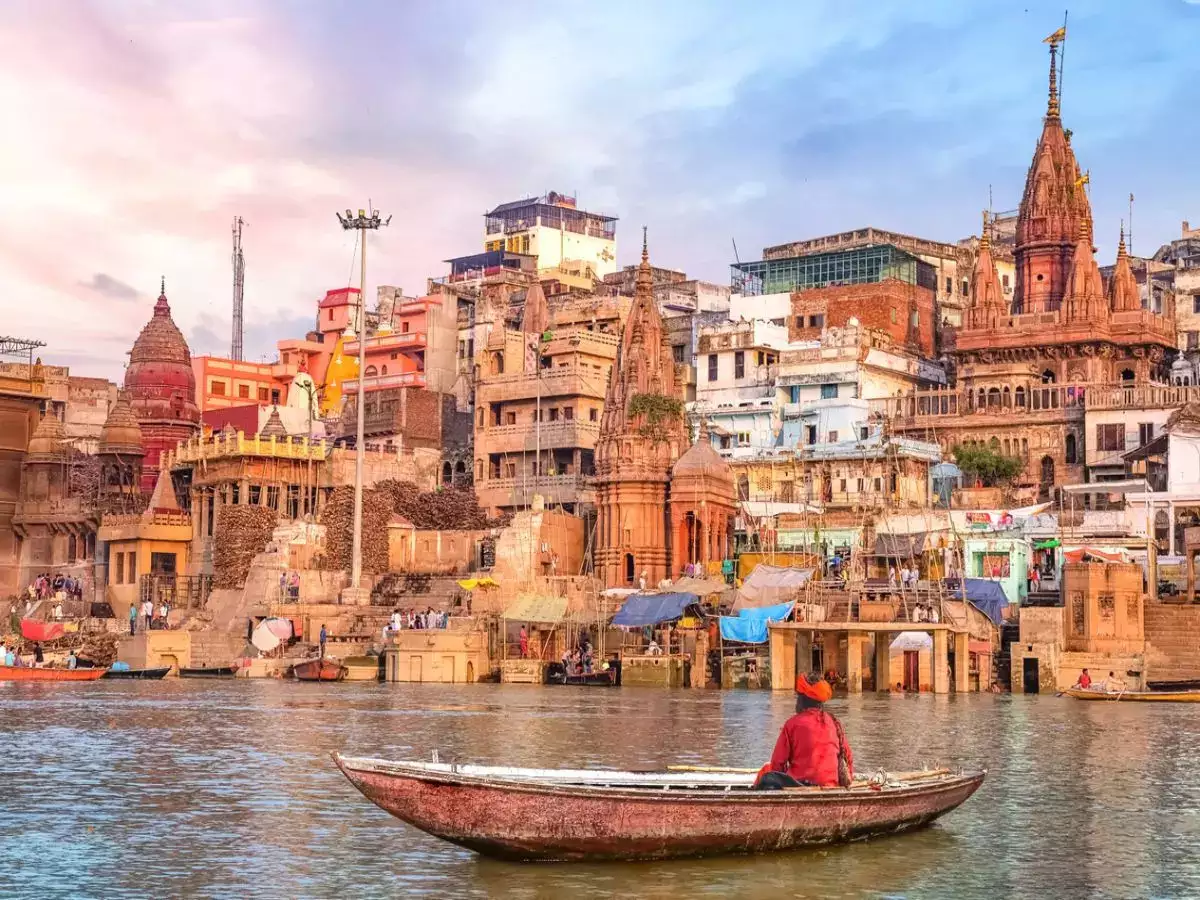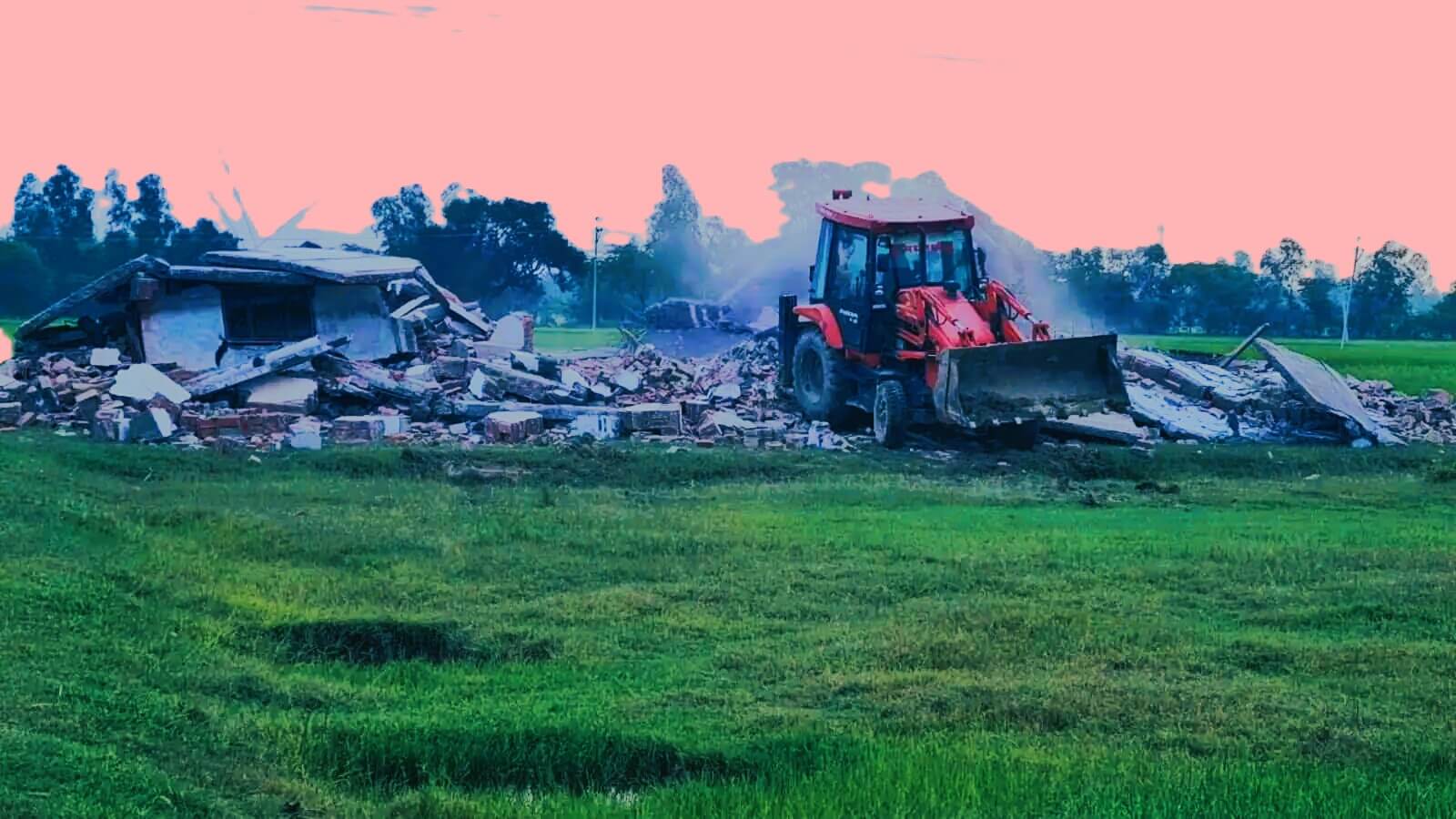Introduction
East Bengal, From 1947 to 1955, East Bengal (Purbô Bangla) was a province in eastern Pakistan it is now part of Bangladesh. It has a coastline that ran along the Bay of Bengal and borders both Burma and India. Dacca served as its capital (now Dhaka). East Bengal, which was formed during India’s Partition, was famous for its political movements and cultural importance. It was renamed East Pakistan in 1955 in accordance with the One Unit Scheme.
History
Mandates for partition
Eastern Bengal and Assam was a province in British India from 1905 to 1911. The Lahore Resolution, which called for distinct states with a majority of Muslims, was endorsed by the All India Muslim League, which was established in 1906. It participated in the plebiscite that resulted in Sylhet joining East Bengal and won the elections held in Bengal in 1946. Leaders of the Rohingya community asked Jinnah to annexe the Mayu region, but Jinnah declined. Later, in August 1947, the Mountbatten Plan and Radcliffe Line made East Bengal a province of Pakistan.
Nazimuddin ministry
Following the division of Bengal, Sir Khawaja Nazimuddin, a former prime minister, was appointed as the first chief minister of East Bengal, with Sir Frederick Chalmers Bourne serving as governor. Significant demographic shifts resulted with partition, with a large exodus of Hindus and a large influx of Muslims. Protests were triggered by Jinnah’s 1948 visit and his unwillingness to designate Bengali as the federal language because Urdu was viewed as foreign in contrast to Bengali. Nazimuddin succeeded Jinnah as Pakistan’s governor-general after his passing in 1948.
Amin ministry
Nazimuddin’s chief minister, Nurul Amin, had tense ties with the federal government and was not a competent leader. The Awami Muslim League was founded in 1949 by Maulana Bhashani and Huseyn Shaheed Suhrawardy. Later on, the league turned secular in order to draw support from non-Muslim voters. Opposition to the Muslim League grew during the 1952 language movement riots, which was characterized by student activists being shot by police. Ultimately, Amin’s seat was lost in the provincial elections.
Huq ministry
The Muslim League was defeated in 1954 by the United Front alliance, which also included the Awami League, Krishak Praja Party, Democracy Party, and Nizam-e-Islam. Chief Minister A. K. Fazlul Huq (also called the Sher-e-Bangla) was appointed. Huq advocated for less federal involvement and more provincial autonomy. Saudi Arabia’s King Saud even flew Huq to meet with him. In spite of this, within months Governor General Ghulam Muhammad fired Huq on the grounds that he had encouraged secession.
Sarkar ministry
Abu Hussain Sarkar took on the role of chief minister for a short while after the Governor General’s rule ended in 1954, during which he started building the Central Shaheed Minar. Soon after, the Governor General’s rule was reinstated.
Khan ministry
After the last chief minister, Ataur Rahman Khan, proclaimed February 21 a public holiday in honor of the language campaign, the Governor General’s reign came to an end in June 1955. Due to shortages and price increases for food, he resigned on August 30, 1956.
One Unit
East Bengal was renamed East Pakistan on October 14, 1955, as part of the changes implemented by Prime Minister Muhammad Ali Bogra.
Federal law and East Bengal
Pakistan did not have a formal constitution when East Bengal was still a part of England; instead, it was governed by the Objectives Resolution and English common law.
Constitutional coup
Despite the Constituent Assembly’s overwhelming support, Governor General Ghulam Muhammad fired Prime Minister Khawaja Nazimuddin and disbanded it in 1953. In court, Speaker Maulvi Tamizuddin Khan contested this. Justice A. R. Cornelius dissented from the decision made by the Federal Court of Pakistan, which was presided over by Justice M. Munir. This move dealt a serious damage to Pakistani democracy.
Reform demands
Begum Shaista Suhrawardy Ikramullah argued that since most of Pakistan’s people lived in East Bengal, the constituent assembly of Pakistan should convene in Dacca.

